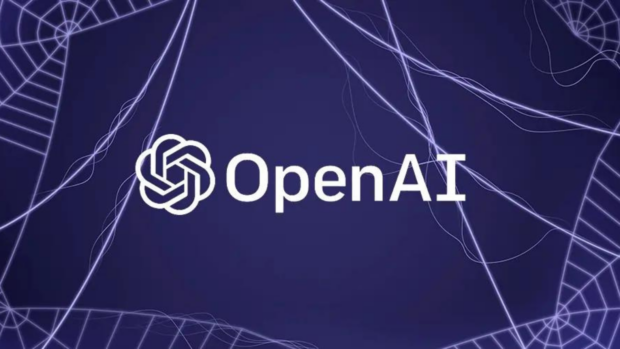OpenAI has recently introduced its GPTBot web crawler, a tool that will aid in the development of the upcoming GPT-5 large language model. This means that the AI company will be gathering online data to enhance its ChatGPT program. However, OpenAI has taken the initiative to allow websites to protect their data from being scraped by GPTBot. In this article, we will explore how you can safeguard your website’s data from being utilized for AI training. Additionally, we will delve into the speculation surrounding OpenAI’s use of online content to create a more advanced chatbot.
To protect your website from GPTBot, OpenAI suggests adding a specific string to the robots.txt file. This string is “User-agent: GPTBotDisallow: /”. By adding this to your robots.txt file, you can restrict GPTBot’s access to your website. To access your website’s robots.txt file, simply type your domain name followed by “/robots.txt”. For instance, if your website is “www.mywebsite.com”, go to “www.mywebsite.com/robots.txt”. OpenAI also provides another text string that allows you to customize GPTBot’s access. You can include the directories you want GPTBot to scrape and ignore under “Allow”, and those that should not be accessed under “Disallow”.
The main reason OpenAI scrapes internet data is primarily for the development of GPT-5. Although no specific details have been provided by the company, OpenAI has filed a trademark application for GPT-5, indicating its intention to release the upgrade. GPT, which stands for “generative pre-trained transformer,” requires pre-training using data to improve its analysis and processing capabilities. As AI bots face a shortage of manually created training data, they resort to scraping AI-generated content. However, this can potentially lead to a decline in their performance and reliability over time.
Another reason AI companies like OpenAI scrape online data is to enhance the usefulness of their chatbots and attract more users. By allowing these chatbots to refer to real-time online information, they can provide more relevant and up-to-date responses. Nonetheless, the challenge lies in filtering reliable and accurate information from the vast amount of available online content. OpenAI acknowledges the challenge but still pursues this approach with the goal of improving their chatbot in future versions, such as GPT-5.
In conclusion, OpenAI has introduced its GPTBot web crawler for scraping website data. Fortunately, they have provided measures to protect websites from being accessed by GPTBot. While other tech companies like Google have also announced similar developments, they have yet to offer an opt-out option. If you have an online business or want to ensure the privacy of your online content, it is recommended to follow the steps mentioned above. Stay informed about the latest digital trends by visiting Inquirer Tech.
Denial of responsibility! VigourTimes is an automatic aggregator of Global media. In each content, the hyperlink to the primary source is specified. All trademarks belong to their rightful owners, and all materials to their authors. For any complaint, please reach us at – [email protected]. We will take necessary action within 24 hours.


